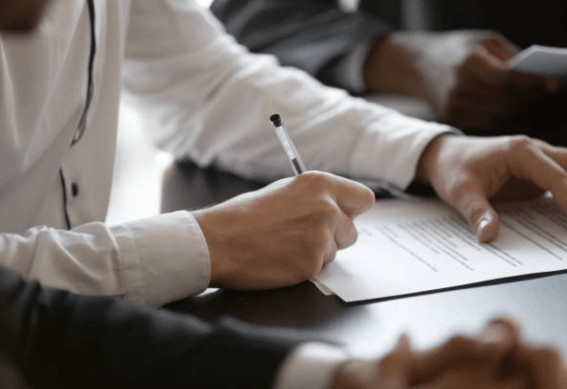
Product liability claims can be a significant concern for manufacturers and distributors. These claims arise when a product causes harm or injury to a consumer due to a defect or hazard. Not only can these claims lead to costly legal battles, but they can also damage a company’s reputation and erode consumer trust. A product liability attorney from Burger Law shares what manufacturers and distributors can do to prevent product liability claims.
Thorough Testing And Quality Control
Before a product is introduced to the market, rigorous testing is crucial to identify potential defects or hazards. This testing should encompass various scenarios and conditions to simulate real-world use. Implementing robust quality control measures throughout the manufacturing process can help catch any issues before they reach consumers. Regularly reviewing and improving testing and quality control procedures can enhance product safety and reduce the risk of liability claims.
Compliance With Regulations
Staying abreast of relevant safety regulations and standards ensures product safety and minimizes liability risk. Manufacturers and distributors should regularly review and update their practices to ensure compliance with evolving regulations. Engaging with industry associations and regulatory bodies can provide valuable insights into upcoming regulatory changes. Regular audits and assessments can help ensure that products meet or exceed regulatory requirements.
Clear And Adequate Warnings
Providing clear and prominent warnings on product packaging and instructions is critical for informing consumers about potential risks associated with the product. Warnings should be easily understood and prominently displayed to ensure they are noticed. In addition to warnings, manufacturers should also provide clear instructions for the safe use of the product. Regularly reviewing and updating warnings based on feedback and new information can help ensure their effectiveness.
Effective Communication
Maintaining open lines of communication with consumers, retailers, and regulators is essential for addressing concerns and resolving issues promptly. Companies should provide multiple channels for consumers to report problems or ask questions about products. Promptly responding to complaints and taking appropriate action can help prevent potential liability claims. Regularly updating consumers, retailers, and regulators about product safety improvements and recalls can help build trust and credibility.
Documentation And Record-Keeping
Keeping detailed records of each product’s design, manufacturing process, testing, and quality control measures is essential for demonstrating due diligence in product safety. These records can be crucial in defending against liability claims by providing evidence of compliance with safety regulations and standards. Regularly updating and maintaining these records can help ensure their accuracy and reliability. Having a secure and accessible system for storing and retrieving records can streamline the process of responding to inquiries or investigations.
Product Recall Plan
A comprehensive product recall plan is crucial for responding quickly and effectively to product defects or hazards. The plan should outline the steps to be taken in the event of a recall, including how to communicate with consumers, retailers, and regulatory agencies. Regularly reviewing and updating the recall plan based on feedback and lessons learned from past recalls can help improve its effectiveness. Conducting mock recalls can also help identify any gaps or weaknesses in the plan.
Insurance Coverage
Obtaining product liability insurance can provide an additional layer of protection against potential claims. It is essential to review insurance policies carefully to ensure they provide adequate coverage for the company’s products and operations. Working closely with an insurance agent or broker who understands the company’s specific needs can help identify any gaps in coverage. Regularly reviewing and updating insurance policies can help ensure they continue to meet the company’s needs as it grows and evolves.
Continuous Improvement
Regularly reviewing and updating product safety practices and procedures is essential for avoiding potential risks and liabilities. This includes incorporating new information, technologies, and best practices into product development and manufacturing processes. Regular risk assessments can help identify areas for improvement and prioritize safety initiatives. Engaging with industry peers and experts can provide valuable insights and perspectives on emerging trends and challenges.
Conclusion
By implementing these tips from a product liability attorney from Burger Law, manufacturers and distributors can reduce the risk of product liability claims and protect their businesses and consumers. Investing in product safety and quality can ultimately lead to long-term success and customer satisfaction.



